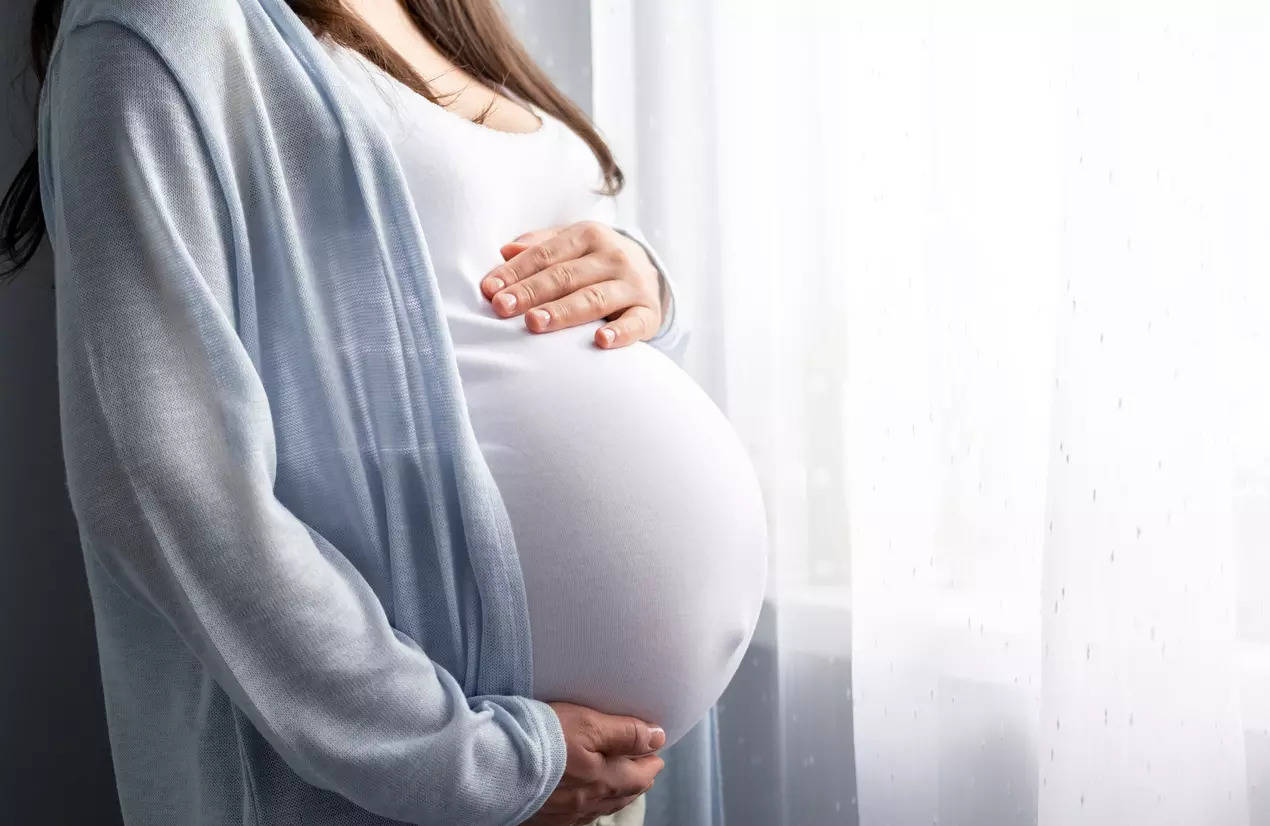
According to a recent study, pregnancy may permanently alter a woman’s bone structure. Female primates that have given birth have lower calcium and phosphorus levels than those that have not, according to a group of anthropologists. In addition, as a result of breastfeeding, the magnesium content of their bones is significantly reduced.
However, these new findings do not examine the health effects of the loss of these minerals, whereas earlier research has shown that a loss of calcium and phosphorus may result in weaker bones. The art instead shows how bones are dynamic, evolving, and changing in response to life’s circumstances.
Dr. Shara Bailey, an anthropologist at New York University, and co-author of the study said: “A bone is not a static and dead portion of the skeleton. It continuously adjusts and responds to physiological processes.”
Effect of Menopause
Menopause has long been known to affect women’s bones, but less is known about how having birth affects them. The growth rate of the lamellar bone in the thigh of male and female monkeys was investigated to derive these findings.
The major form of bone in an adult skeleton is the lamellar bone, which is perfect for this kind of research since it changes through time and leaves biological traces of those changes.
Dr. Paola Cerrito, a research leader and Ph. (https://goldchannel.net/) D. student in the anthropology and dental schools at New York University, said: “Our findings provide additional evidence of the profound impact that reproduction has on the female organism, further demonstrating that the skeleton is not a static organ, but a dynamic one that changes with life events.”
Researchers examined the chemical makeup of tissue samples from the bones using electron microscopy and energy-dispersive X-ray analysis to evaluate these bones. Using this technique, scientists were able to calculate the changes in calcium, phosphorus, oxygen, magnesium, and sodium levels.
The primates that were the subject of their research lived at Sabana Seca Field Station in Puerto Rico and perished naturally.
According to Dr. Cerrito: “Our research shows that even before the cessation of fertility the skeleton responds dynamically to changes in reproductive status.
“Moreover, these findings reaffirm the significant impact giving birth has on a female organism — quite simply, evidence of reproduction is ‘written in the bones’ for life.”
